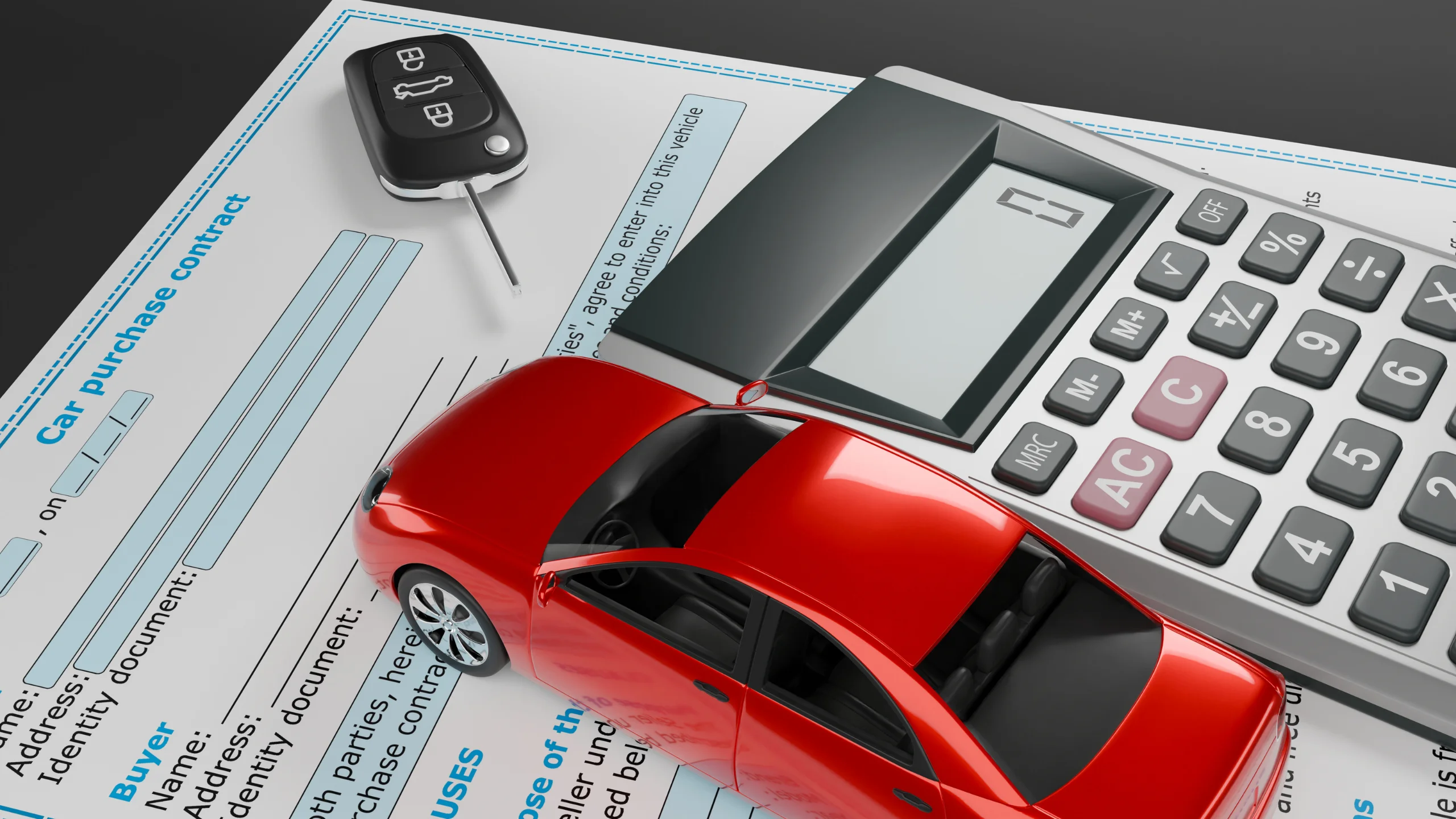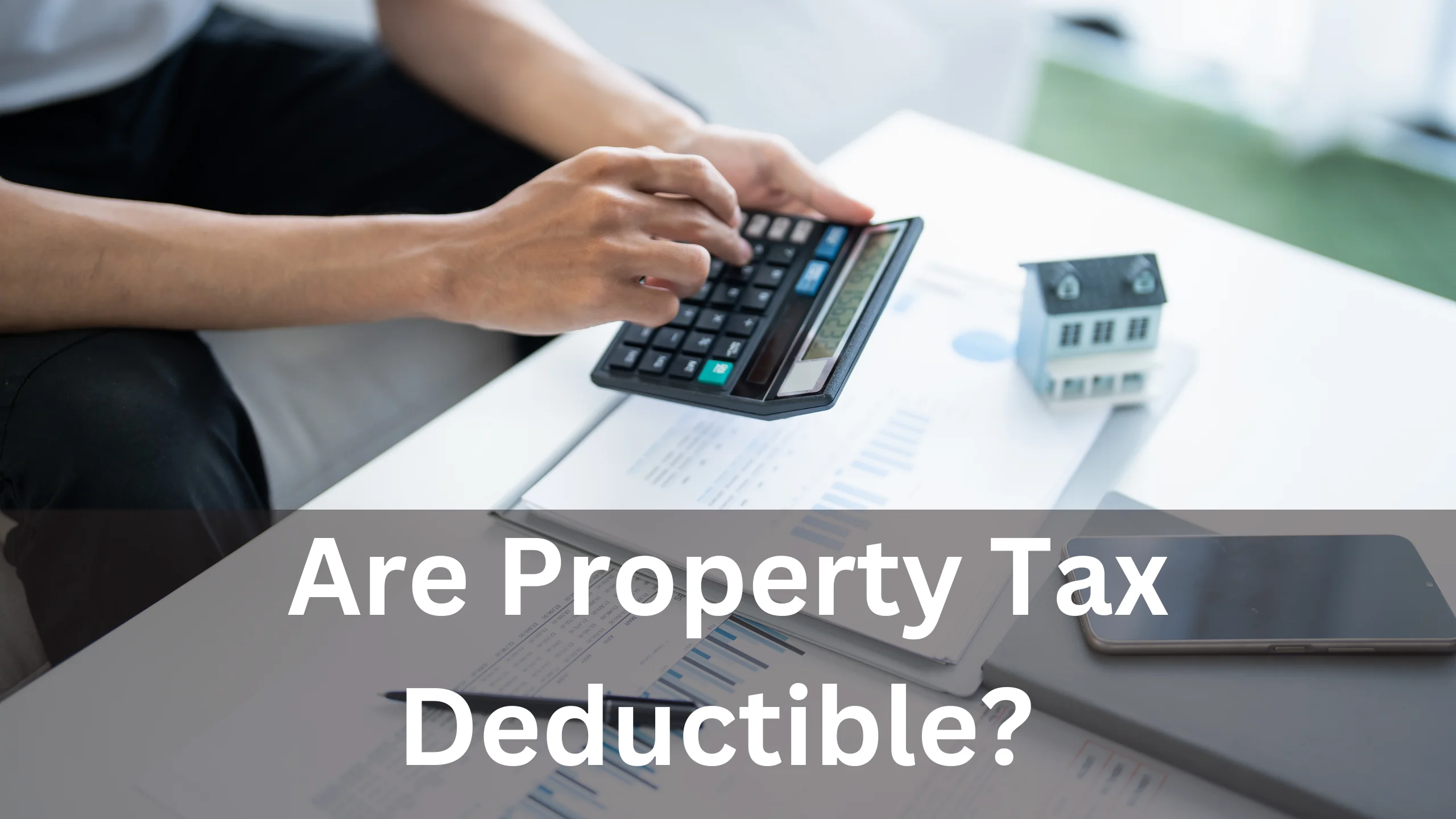Let’s be honest, tax season can feel like a mess of forms, numbers, and small print. I’ve seen so many people miss out on legal deductions just because they didn’t know what counted. One of the biggest questions I hear is about property taxes and whether you can actually deduct them from your income taxes. The answer isn’t just a yes or no. It depends on how you file, what kind of taxes you’re paying, and even how you paid them. So let’s break it all down in plain language.
Federal vs State Rules: What’s the Difference?
Understanding the difference between federal and state tax rules is key when it comes to deducting property taxes. Many people confuse what’s deductible on their federal tax return versus what can be claimed on their state return, and this mix-up can cost you money or trigger unnecessary audits.
At the federal level, the IRS allows you to deduct state and local property taxes as part of your itemized deductions. But there’s a limit: the SALT (State and Local Tax) deduction cap. This cap combines all deductible state and local taxes , including income, sales, and property taxes , and limits the total deduction to $10,000 (or $5,000 if married filing separately). That’s been in place since the Tax Cuts and Jobs Act of 2017.
At the state level, the rules vary. Some states offer their own version of a property tax deduction on your state income tax return, with different limits or qualifications. A few states don’t offer a deduction at all, while others may allow broader deductions than the federal rules.
Let me give you a real example. A friend of mine owns a small home and also pays personal property tax on his vehicle. He thought both were deductible on his federal return. But what he didn’t realize was that only the value-based portion of the car tax , not registration fees or other charges , could be claimed. Worse, his total SALT deductions had already hit the $10,000 cap. So even though he paid more in local taxes, it didn’t help his federal refund at all. It was a frustrating discovery, but one that taught him (and me) the importance of understanding how federal and state tax systems operate independently.
In short, just because a tax is deductible on your state return doesn’t mean it will reduce your federal tax bill, and vice versa. Always separate the two when planning your deductions.
Do You Qualify to Itemize Deductions?
One of the most common misunderstandings around tax deductions is assuming everyone can claim them. In reality, before you can deduct property taxes, you first need to qualify to itemize. If you don’t, then those taxes , even if eligible , won’t lower your tax bill at all.
Let’s start with the basics. Every taxpayer has two choices when it comes to deductions: take the standard deduction or itemize. The standard deduction is a flat amount that reduces your taxable income, and it changes depending on your filing status. For example, single filers get a set amount, while married couples filing jointly get a higher one. These amounts increase slightly each year to keep up with inflation.
Itemizing, on the other hand, means listing out specific expenses , like mortgage interest, charitable donations, medical expenses (if they exceed a certain threshold), and property taxes. You then subtract the total of those from your income instead of taking the standard deduction.
Here’s the key: You should only itemize if your total deductible expenses exceed the standard deduction for your filing status. If they don’t, you’ll actually save more by not itemizing at all, even if you paid property taxes.
Now let’s connect that to real numbers. Suppose your standard deduction is $14,600 as a single filer. To make itemizing worthwhile, your combined deductions , including property tax, mortgage interest, etc. , need to exceed that number. If they only add up to $12,000, it doesn’t make sense to itemize. And that means your property taxes won’t give you any tax benefit that year.
Another factor to consider is your total SALT (state and local tax) payments. If you’re in a high-tax area and your property taxes are already high, you might hit the $10,000 federal cap quickly. Once that limit is reached, any extra taxes, even if you itemize, won’t increase your deduction on your federal return.
Income also plays a role. Higher-income taxpayers often have more incentive to itemize because they’re more likely to have larger deductible expenses. But even then, if the standard deduction is higher than what they can claim, itemizing offers no real benefit.
Timing can also affect your ability to itemize. For example, if you prepay property taxes in one year or delay them into the next, it might impact which tax year you get to claim them. Some people choose to bunch deductions , paying two years’ worth of property taxes in one year , to push their itemized total over the standard deduction just for that year.
It’s also worth checking whether you’ve received your Form 1098 (for mortgage interest) or a property tax statement that clearly shows what you’ve paid. Without clear documentation, even legitimate deductions may be rejected or flagged during an audit.
Finally, some situations, like being self-employed or owning rental property, might open additional deduction pathways beyond standard itemizing. But for the average homeowner, itemizing is all about comparing totals: does the math work in your favor?
So before you worry about deducting property taxes, make sure you actually qualify to itemize your deductions. This step determines everything that follows. If itemizing doesn’t benefit you financially, then the rest of the deduction rules simply don’t apply.
How the $10,000 SALT Cap Works (and Who It Affects Most)
The SALT cap , short for State and Local Tax deduction limit , is one of the most important rules to understand when you’re trying to deduct property taxes. Introduced in 2017, this cap can change how much of your property tax (and other local taxes) you can actually write off on your federal return.
What Is the SALT Cap?
The SALT cap limits how much you can deduct for state and local taxes combined, including:
- Real estate (property) taxes
- State and local income taxes
- Personal property taxes (like vehicle taxes based on value)
- State sales tax (if you choose that instead of income tax)
The total deduction for all these combined cannot exceed $10,000, or $5,000 if you’re married and filing separately.
Who Gets Hit by the Cap?
Not everyone is affected. You’ll be more likely to feel the cap’s impact if:
- You live in a state or city with high income or property tax rates
- You own valuable property with large annual tax bills
- You itemize deductions, and your total SALT payments exceed $10,000
- You pay both income and property taxes at significant levels
People in lower-tax areas or those who take the standard deduction likely won’t be affected by this cap at all.
SALT Deduction Example
Here’s a simple table to show how the SALT cap can limit your deduction:
| Type of Tax Paid | Amount Paid | Deductible Amount |
| State Income Tax | $6,000 | $6,000 |
| Property Tax | $5,000 | $4,000 (limited) |
| Vehicle Personal Property Tax | $1,000 | $0 (cap reached) |
| Total Deductible | $12,000 | $10,000 MAX |
In this case, even though the person paid $12,000 in eligible taxes, they can only deduct $10,000 on their federal return due to the cap.
So if you’re trying to maximize your deductions, it’s smart to track all SALT taxes carefully , but also remember the cap can cut off any benefit beyond that $10K line.
Deducting Vehicle Personal Property Tax: What Counts
A lot of people don’t realize that vehicle personal property taxes can sometimes be deductible. But the rules are strict, and not every part of your car’s tax bill qualifies.
What Makes Vehicle Tax Deductible?

According to IRS Topic No. 503, vehicle taxes are only deductible if they’re based on value and assessed annually. The IRS allows a deduction only if the personal property tax is based on the value of the vehicle and charged annually. This means:
- The tax must be calculated as a percentage of the vehicle’s value
- It must be assessed once per year, not just at the time of purchase or registration
- Any flat fees (like title fees, registration costs, or license plate charges) do not qualify
What’s Not Deducible
Many car-related charges are non-deductible, including:
- One-time registration fees
- Emissions inspection fees
- License fees not tied to vehicle value
- Usage-based fees or local surcharges
Only the ad valorem (value-based) portion of your tax counts, and you’ll usually see this broken down on your annual bill or tax notice.
How to Know If You Can Claim It
Check your vehicle tax bill or receipt. If it shows that part of the total is based on assessed vehicle value, that portion might be deductible. You should also look for clear labeling, like:
- “Ad valorem tax”
- “Tax based on value”
- “Assessed value × rate”
If everything on the bill is a flat rate or labeled as a fee, it likely won’t count.
Keep Proof for Your Return
If you plan to deduct your vehicle tax, you’ll need to:
- Keep a copy of your tax bill showing the value-based tax
- Report it on Schedule A if you itemize deductions
- Ensure your total SALT deductions don’t exceed the $10,000 cap
It’s easy to overlook these details, but being precise about what counts and what doesn’t can make a real difference in how much tax you save. Always check your bill closely , and when in doubt, run it by a tax professional or use reputable tax software to help flag what qualifies.
Property Tax Deduction Example for a Homeowner
Let’s look at how a typical homeowner might calculate and claim the property tax deduction. This step-by-step example will help you understand how everything comes together, from your tax bill to the final number you enter on your return.
Calculating the Property Tax
Imagine you own a home valued at $350,000. Your local government charges a property tax rate of 1.1%. That means your annual property tax bill would be around $3,850. If you paid this amount in the same calendar year, and you’re not subject to any unusual limitations or delays, that entire amount may be deductible.
However, whether you can actually claim that deduction depends on your overall situation. If you’re also paying state income taxes, vehicle taxes, and other local fees, you’ll need to look at the total of your state and local tax (SALT) payments.
Including Other SALT Payments
Say you also paid $6,500 in state income tax and $800 in personal property tax on your vehicle. That adds up to $11,150 in total SALT deductions. But under the federal SALT cap, you can only claim up to $10,000 in total. That means part of your property tax , or another category , will get cut from the deduction.
This is where the math starts to matter. You might still benefit from paying all your taxes, but only a portion will give you a direct tax break on your federal return.
How It’s Claimed on the Return
To actually take the deduction, you must itemize using Schedule A on your IRS Form 1040. You’ll list the total property taxes paid, along with other deductible SALT items, and then enter the capped amount. If you use tax software, it will usually calculate and apply the cap automatically.
But keep your paperwork. The IRS doesn’t require you to send in your tax bill, but you must keep records in case you’re asked to verify the deduction later. These include your annual tax statement or closing documents if you bought or sold property that year.
By following this process carefully, you can make sure you’re getting every legal benefit available , without overstepping the limits.
Common Mistakes People Make When Claiming the Deduction
Even when people qualify to deduct property taxes, small errors can ruin the benefit, or worse, trigger IRS scrutiny. One of the most frequent mistakes is trying to deduct non-deductible charges, like local improvement assessments or flat government fees. These might appear on your property tax bill, but if they’re tied to services like trash pickup or street lighting, they don’t count.
Another issue is claiming deductions without itemizing. Some filers include property taxes on their return without checking whether they’re taking the standard deduction. If you’re not itemizing, the property tax deduction simply doesn’t apply, and including it anyway may lead to miscalculations or delays in your refund.
There’s also confusion about timing. You can only deduct property taxes in the year you actually paid them. If your mortgage lender escrows the taxes and pays them on your behalf, the deduction is claimed for the year the payment was made, not necessarily when it was collected from you. Overlooking this detail can throw off your return.
Lastly, many people ignore the SALT cap. Even if you paid more than $10,000 in state and local taxes, your deduction is still limited. Filing without adjusting for the cap might result in a smaller refund or unexpected tax due once the IRS corrects the numbers.
Getting this deduction right is possible , but you need to read each part of your tax bill carefully and understand how the rules apply to your exact situation.
Documents You’ll Need to Claim the Deduction
To support your property tax deduction, you need clear proof of what you paid. The most common document is your property tax bill from your local government. It should show the amount assessed, the date, and the payment confirmation. If you have a mortgage, your lender might send you an annual escrow summary showing how much was paid for property taxes.
You should also keep a copy of your Form 1098, especially if it includes amounts paid toward property tax through escrow. If you’re deducting personal property tax, like on a car, save the official tax receipt showing the value-based portion of the tax.
All of these documents are essential not just for filing , but in case the IRS ever questions your return. Keeping records organized will protect you from stress later on and help ensure you’re getting the deductions you’re legally allowed to claim.
Final Thoughts
Understanding whether your property taxes are deductible isn’t just about knowing the rules; it’s about applying them smartly. The key is to check if itemizing makes sense for you, track your SALT total, and separate what’s truly deductible from what isn’t.
If you keep your documents organized and stay within the $10,000 cap, you can legally reduce your tax bill without stress. And if you’re ever unsure, it’s always worth getting a second look from a tax professional or reliable software.
You don’t have to be a tax expert, just informed enough to make the right choices.
Need Help Navigating Property Taxes in Richmond?
If you’re buying or selling a home in Richmond, VA, and want expert guidance on how property taxes might affect your next move, the team at Buy and Sell Richmond is here to help. From explaining closing costs to helping you understand what’s deductible, they’ll guide you every step of the way , with real local experience you can trust.


